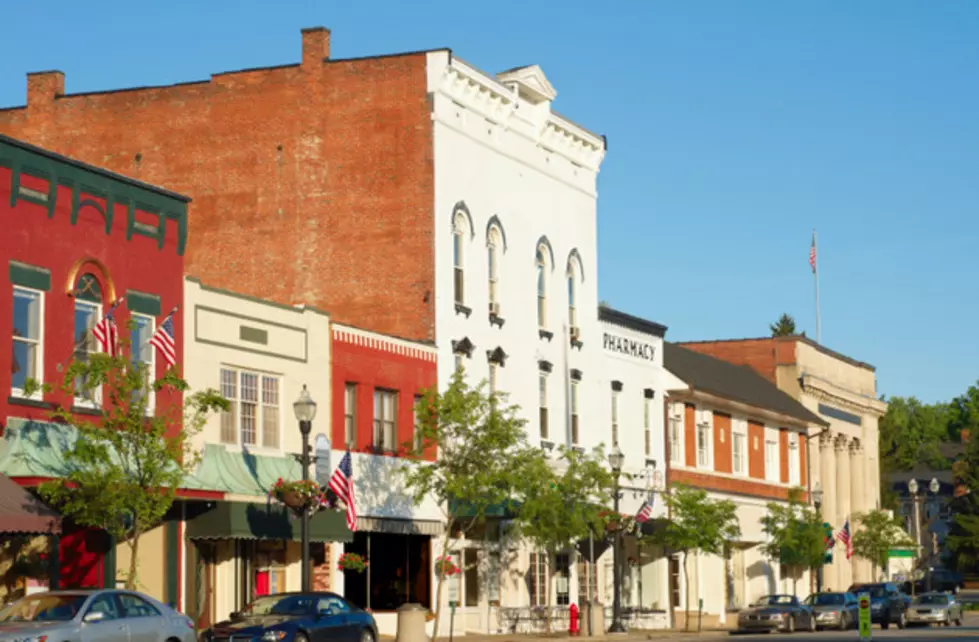
NJ towns get grant money to reinvent dying suburbia
With more and more Millennials and empty-nesters looking to live in walkable environments that feature smaller stores, shops and centralized downtown areas these days, many New Jersey suburban areas are seeing a decline in population and a drop in taxable property.
The result has been a growing number of suburban malls, strip malls and once thriving corporate office complexes that are now half empty.
In response, the New Jersey Economic Development Authority has launched a new pilot program to help struggling municipalities reinvent themselves, or at least part of what they used to be about.
According to Tim Sullivan, the CEO of the Economic Development Authority, the 21st Century Redevelopment Program will give grant money to towns to help them think about “how to reposition some of the assets that played such an important role in the 70s, 80s and 90s until recently in their economy and their tax base.”
He said local leaders in communities across Jersey can apply for grant money that can be used to help develop plans for “what they think might make sense for their community for those large office parks that may either be empty or retail locations as well.”
Sullivan said sites that used to be home to one large company can be divided up to accommodate lots of smaller tenants and retailers, or “some campuses I can imagine being redeveloped for housing, for residential purposes, some could be what’s known as re-greened and they could be converted to some open space, you know each community and each property is different.”
He noted in some cases a municipality might be interested in developing “a new town center or a re-energized second or third town center that could be home to lots of different types of activities.”
“These sites are a big challenge as we look at them today and they’re empty and they’re a drag on the property tax rolls, but they present great opportunities.”
He said the first phase of the redevelopment program will give out a total of $250,000 to different towns.
“A lot of them will bring on consultants that will help a given community do the planning and the visioning of what they want to see.”
He said different communities may want to hold dialogue sessions with residents, while others could put out marketing efforts to determine what kind of interest there may be from the real estate community for how to redevelop these sites.
“It’ll be a customized set of ambitions for each different town,” he said.
Sullivan pointed out the Economic Development Authority has traditionally played a role in developing tax incentives and loans to small businesses, and that will continue. “But this is an example of a new way that we intend to be a good partner and strong partner to local communities all throughout the state.”
He said if the pilot program is successful, it could be expanded going forward.
More From Beach Radio










